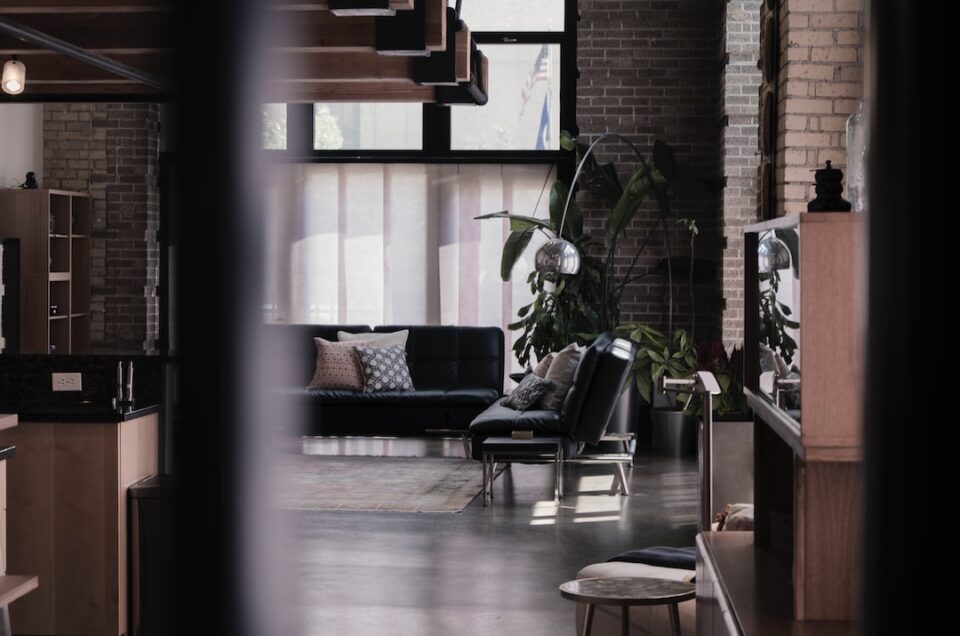The Costs Associated with Buying a Home
Buying a home is often regarded as one of the most significant financial decisions in a person’s life. While it is an exciting and rewarding milestone, the costs associated with purchasing a home can be overwhelming and often overlooked. In this blog post, we will discuss the various expenses you need to consider when buying a home.
Down Payment:
One of the most significant upfront costs associated with buying a home is the down payment. This is the percentage of the total purchase price that you are required to pay upfront. The amount of the down payment can vary depending on the price of the house and the mortgage lender’s requirements. Traditionally, a down payment of 20% is considered ideal to avoid private mortgage insurance (PMI). However, some lenders offer options with lower down payment requirements.
Closing Costs:
In addition to the down payment, buyers are also responsible for paying closing costs, which can range from 2% to 5% of the home’s purchase price. These costs include various fees associated with the purchase of a home, such as appraisal fees, loan origination fees, title insurance, attorney fees, and more. It is essential to budget for these costs to avoid any surprises at the closing table.
Home Inspection:
Before finalizing a home purchase, it is crucial to hire a professional home inspector to assess the property’s condition. A home inspection can help you identify any issues or potential problems that may require immediate attention or repairs. While the cost of a home inspection varies depending on the location and the size of the home, it is a necessary expense to ensure that you are making a sound investment.
Property Taxes:
Property taxes are an ongoing cost that homeowners must consider when purchasing a home. The amount of property taxes you need to pay depends on the value of the property and the local tax rates. It is essential to research the property tax rates in the area you are considering to have a clear understanding of the ongoing expenses associated with homeownership. Property taxes can vary significantly from one location to another, so it’s crucial to factor them into your monthly budget.
Homeowners Insurance:
Another cost that homeowners need to consider is homeowners insurance. This insurance policy protects your property and possessions against damages caused by perils such as fire, theft, or natural disasters. The cost of homeowners insurance depends on various factors, including the location of the property, its age, and the coverage limits you choose. It is recommended to obtain multiple quotes from different insurance providers to find the best coverage at the most affordable price.
Maintenance and Repairs:
Homeownership brings with it the responsibility of maintaining and repairing your property. Unlike renting, where the landlord takes care of maintenance, homeowners are responsible for any repairs or upkeep required. It is essential to budget for routine maintenance tasks like lawn care, HVAC servicing, and plumbing inspections. Additionally, unexpected repairs can arise, such as roof leaks or malfunctioning appliances, which can add to your expenses over time.
Utilities and Monthly Expenses:
When calculating the costs associated with buying a home, it’s essential to consider ongoing monthly expenses. These expenses include utilities, such as electricity, water, gas, and internet/cable, as well as any homeowner association fees (if applicable). It is advisable to research the average utility costs for the area you are considering to ensure you can comfortably afford the ongoing monthly expenses.
Moving and Furnishing:
Lastly, it is important to account for the expenses related to moving and furnishing your new home. The cost of hiring professional movers or renting a moving truck, packing supplies, and utility setup fees can quickly add up. Additionally, furnishing your new home with furniture, appliances, and decor can be a significant expense. It is advisable to create a budget specifically for these costs to avoid any financial strain after the purchase.
In conclusion, while buying a home is an exciting endeavor, it is essential to be aware of the various costs associated with homeownership. From the down payment and closing costs to ongoing expenses like property taxes, insurance, and maintenance, being prepared and budgeting accordingly can help ensure a smooth and financially sound home-buying experience.

